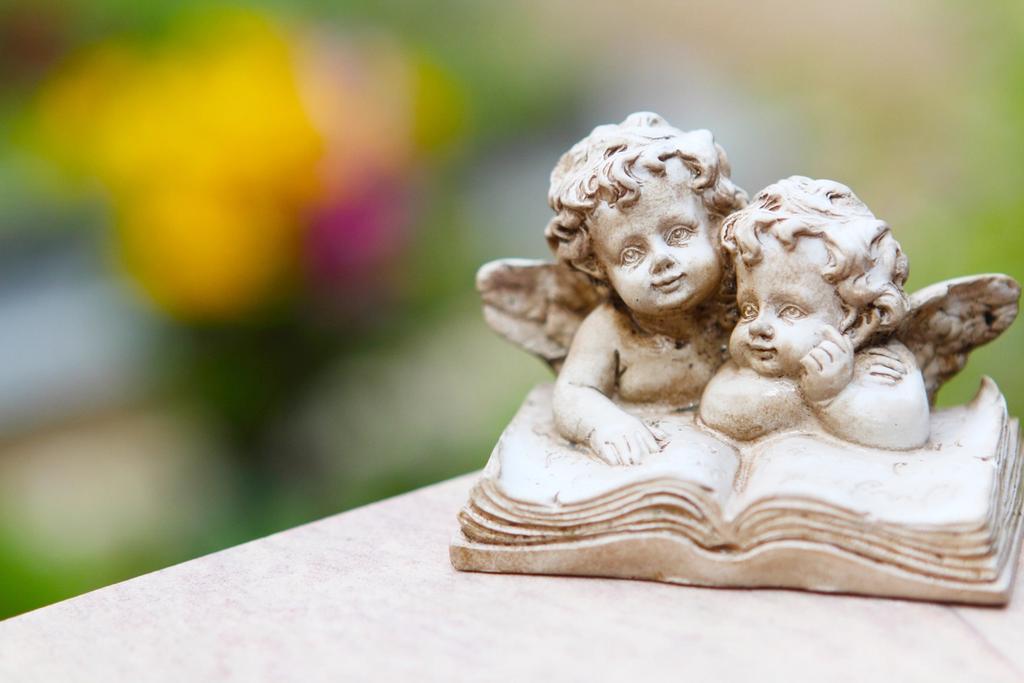Is It OK To Express Anger Or Hatred In An Obituary Or Eulogy?
Is honesty always the best policy, or do some situations call for the old saying, “If you don’t have anything nice to say, don’t say anything at all?"

Here's the scenario: Someone who was once close enough to inflict major pain has died — and you’re charged with writing the death notice or delivering the eulogy. Do you pander to the crowd with pleasantries about the deceased, or forge ahead with the truth for the sake of being honest?
The adult children of a deceased woman from Nevada made headlines when they chose the latter. In their mother’s obituary, the legacy of her parenting was revealed in no uncertain terms:
“On behalf of her children whom she so abrasively exposed to her evil and violent life, we celebrate her death from this earth and hope she lives in the after-life reliving each gesture of violence, cruelty, and shame that she delivered on her children.”
The author went on to posit that in sharing their negative feelings, she and her siblings hope to reaffirm that child abuse is wrong. But isn’t publicly bad-mouthing the dead?
Even in the most extreme circumstances, most folks will immediately say yes — but the majority of these naysayers will never be responsible for writing an obituary for someone who hurt them tremendously while alive. This makes answering the question difficult, but not impossible.
Enough Already! Is Expressing Anger OK Or Not?
We all know what death notices, obituaries, and eulogies serve to do: inform, reflect, and incite comfort. To hit these benchmarks, we also know that we need to put on a proverbial happy face when piecing one together no matter how sad, angry, or relieved we are that someone we know has died. Not because it’s necessarily the “right” thing to do, but because it’s what everyone expects of us.
When you choose to paint an unflattering final portrait of someone, you risk robbing loved ones of the recognition and remembrance they anticipate. By putting your needs first, you may even create wounds that wouldn’t exist otherwise. You break a social norm, and this makes people uncomfortable (just ask anyone who doesn’t tip).
This isn’t to suggest it’s a casual decision; where there’s lots of pain, there’s a need for relief, and writing a scathing obituary is one way to let it loose in the hopes of feeling better. But it's also a way to let your emotions cloud your judgment, which too often yields regret. Are you prepared for that?
- How To Express Sympathy: What To Say And What...We’ve compiled a list of things to say—and things to avoid saying—when...Read more
- A Quick Overview Of Proper Funeral EtiquetteFunerals are emotionally complex, and knowing how to act can present a...Read more
- The Five Stages Of GriefAfter experiencing a loss, it's common to go through a range of emotions...Read more
- Funeral Pre-Planning Cheat SheetPlan now, rest later.Read more



